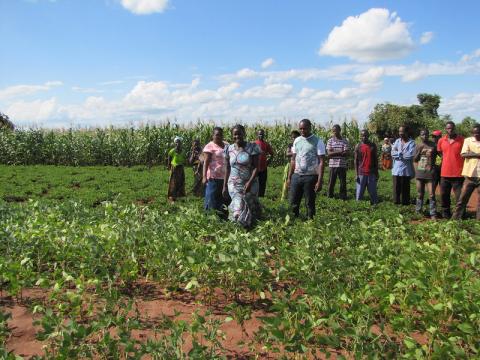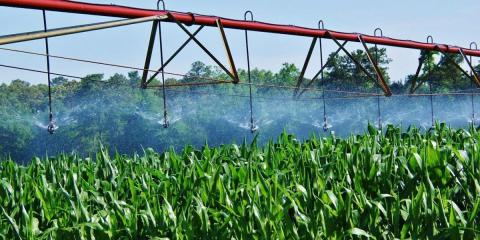See the full July 2021 newsletter here.
A few highlights include:


Click the links for our most recent research on all areas of the economics of sustainability:
Food & Agriculture

No one wants to live near a toxic plant. Toxin-releasing facilities such as paper, pulp, and other manufacturing plants negatively affect human health, environmental quality, and property values. And communities with low income, low education, and minority populations are more likely to house such facilities.
Since mandatory reporting about toxic facilities became publicly available in 1990, affected communities have increasingly expressed concern through the media, and engaged in targeted collective action and “toxic torts” lawsuits for health and environmental damages.
New research from University of Illinois explores the effects of community pressure on the relocation of toxin-releasing facilities.

See the latest research giving insight into how and why farmer groups are more cooperative when democratic in nature. Strong social ties also help.
Authors conducted public goods experiments among farmer groups in Malawi for "Public good provision and democracy: Evidence from an experiment with farmer groups in Malawi" to be published in World Development's September 2021 issue.
They found that democratic groups are more cooperative and engage more in collective action than leader-driven groups. Access the article through your institution here.
Vesall Nourani, V., Maertens, A., & Michelson, H. (2021). Public good provision and democracy: Evidence from an experiment with farmer groups in Malawi. World Development(145). https://doi.org/10.1016/j.worlddev.2021.105507.
Photo: AgReach 2015

It is possible to irrigate fields with precision, saving costs and time while lessening runoff and improving crop performance.
University of Illinois led a new study looking at challenge areas of precision irrigation decision-support systems to identify opportunities to improve the tools themselves and adoption among farmers.
See the full press release here.
Access the open-source article here.
Zhang, J., Guan, K., Peng, B., Jiang, C., Zhou, W., Yang, Y., Pan, M., Franz, T.E., Heeren, D.M., Rudnick, D.R., Abimbola, O., Kimm, H., Caylor, K., Good, S., Khanna, M., Gates, J., Cai, Y. (2021). "Challenges and opportunities in precision irrigation decision-support systems for center pivots." Environmental Research Letters(16) 5. https://doi.org/10.1088/1748-9326/abe436